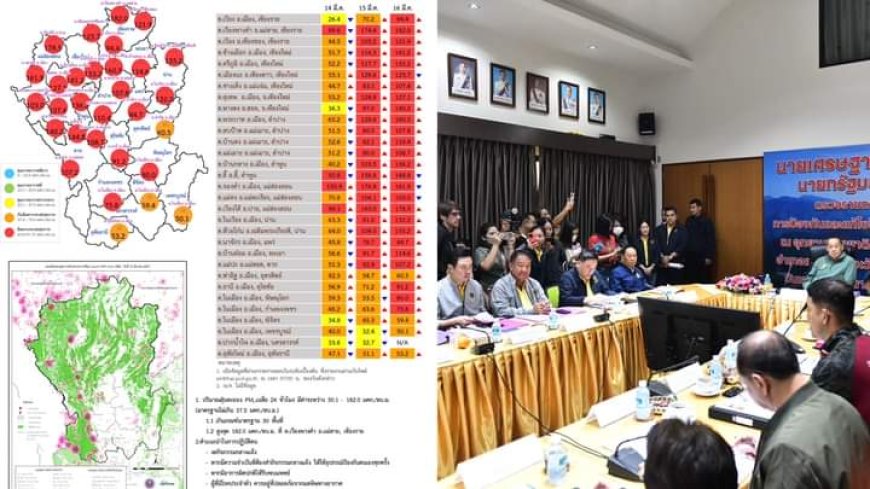Introduction to the Surrogacy Law Overhaul
The Thai Public Health Ministry is initiating significant revisions to the surrogacy law, aiming to accommodate foreign couples seeking surrogacy services in Thailand. This move comes in light of the recent enforcement of the equal marriage law, which has prompted a broader reevaluation of reproductive rights within the country.
Key Changes in Surrogacy Legislation
Expanding Access to Foreign Couples
Dr. Panuwat Panket, director-general of the Department of Health Service Support (DHSS), announced that the amended law will permit foreign couples to pursue surrogacy in Thailand. Previously, only Thai citizens or foreigners married to Thais could access these services. The new regulations will allow foreign couples to either bring their own surrogates or select from available Thai surrogates.
Emphasis on Equal Rights and Protections
The proposed amendments will replace traditional terms like “husband” and “wife” with “spouses,” ensuring that same-sex couples can also access surrogacy services. This aligns with the Marriage Equality Act and aims to provide equal rights for all couples wishing to become parents.
Addressing Concerns About Human Trafficking
Measures for Transparency and Accountability
The revised legislation includes stringent measures designed to combat human trafficking and illegal surrogacy practices. Dr. Panuwat has emphasized that the new law will enhance transparency in surrogacy arrangements, thereby reducing underground activities associated with unregulated surrogacy markets.
Stricter Penalties for Violations
To deter illegal practices, the amended bill proposes harsher penalties for offenses related to human trafficking and unauthorized surrogacy operations. This includes increased prison sentences and fines for violators, regardless of whether offenses occur within or outside Thailand.
Supporting Medical Tourism and Population Growth
Boosting Thailand’s Medical Tourism Sector
The Thai government aims to position the country as a premier destination for medical tourism by expanding access to reproductive technologies, including surrogacy. This initiative is part of a broader strategy to attract high-spending tourists and counteract declining birth rates, which have reached historic lows.
Long-term Demographic Considerations
With Thailand’s population projected to decline significantly over the next few decades, promoting reproductive technologies is seen as a crucial step in addressing demographic challenges. The government is actively seeking ways to encourage childbirth and support families through innovative reproductive solutions.
A Progressive Step Forward
The impending changes to Thailand’s surrogacy laws represent a progressive shift towards inclusivity and support for diverse family structures. By allowing foreign couples access to surrogacy services while implementing robust safeguards against exploitation, Thailand is poised to enhance its reputation as a leader in reproductive health and rights in Southeast Asia.









